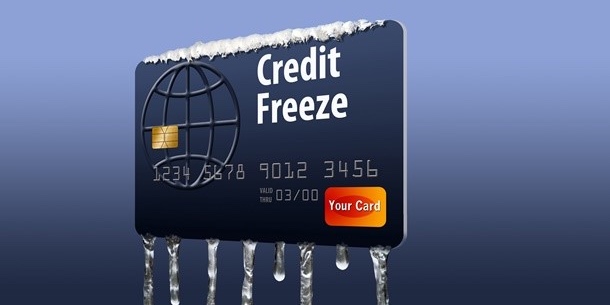Steve Weisman is a lawyer, college professor, author and one of the country’s leading experts in cybersecurity, identity theft and scams. See Steve’s other Con Watch articles.
Personal information in the control of a criminal, particularly your Social Security number, can easily lead to identity theft. This can have disastrous repercussions, including ruining your credit, getting turned down for a job, or preventing you from renting an apartment.
Regardless of how careful you are in protecting the privacy of your personal information, you are only as secure as the companies and institutions that you deal with. For instance, Nationwide Mutual Insurance Company recently settled a lawsuit brought against it by the attorneys general of 32 states and the District of Columbia related to a 2012 data breach in which sensitive personal information — including Social Security numbers of 1.2 million of its customers and even people who merely applied for insurance quotes — was stolen through hacking.
So what can you do to protect yourself?
Freezing Your Credit
Credit freezes are one of the best tools for preventing identity theft.
A credit freeze is a lock on your credit report that prevents your report from being accessed unless you unlock the credit freeze through the use of a PIN. With a credit freeze in place at each of the three major credit reporting agencies — Experian, Equifax, and TransUnion — a criminal who has your Social Security number or other sensitive personal information will be prevented from opening new accounts or new lines of credit in your name.
If a legitimate company needs access to your credit report — for instance, if you are applying for a car loan — you can unfreeze your credit for a limited amount of time or even send a unique code to the company checking your report, so only they can view it. The process to thaw your credit report can take as little as 15 minutes.
A credit freeze will not reduce your credit score and it will not limit in any way the use of your existing credit lines. Nor will it affect your ability to get a free annual copy of your credit report from the credit reporting agencies.
The laws pertaining to credit freezes and the cost for doing so vary from state to state, with some state laws requiring free credit freezes. Generally, the fees for setting up a credit freeze range between $3 and $10. An additional fee of $2 to $12 may be required to thaw your credit report. If you are a victim of identity theft, you can obtain a credit freeze at no charge in all states. However, the purpose of a credit freeze is to prevent you from becoming an identity theft victim in the first place, so the best time to put a credit freeze on your credit reports is before you have experienced problems or had your personal information stolen through a data breach.
Why a Freeze Is Better Than an Alert
Identity theft insurance and credit monitoring do nothing to prevent you from becoming a victim of identity theft. If identity theft were like being hit by a truck as you cross the street, these services would come up to you as you lie on the pavement and inform you that you have just been hit by a truck. While certainly there is value to being alerted to identity theft as soon as possible, I would much prefer a service that prevents me from becoming a victim of identity theft in the first place.
In an effort to prevent identity theft, the credit reporting agencies and many of the identity theft insurance companies urge people to put a fraud alert on their credit reports at each of the three major credit reporting agencies. When a fraud alert appears on your credit report, companies are supposed to notify you if anyone attempts to open a new account or access credit in your name. This sounds like a good idea; however, all too often fraud alerts are ignored by businesses opening new accounts or granting credit. In addition, there is no penalty whatsoever if a company ignores a fraud alert and fails to notify you when someone attempts to open a new account in your name.
How to Freeze Your Credit
To get started, it’s best to first understand the laws and fees governing credit freezes in your state. The National Conference of State Legislatures describes the credit freeze laws for each state.
To get the maximum protection from identity theft, it is important to freeze your credit at each of the three major credit reporting agencies. Here are links to each of them for information about how to get a credit freeze:
Once you have frozen your credit, be sure to keep the PIN and information on how to unfreeze your credit report in a safe place.
Become a Saturday Evening Post member and enjoy unlimited access. Subscribe now




Comments
Thank you for this vital information… More power to your company!!